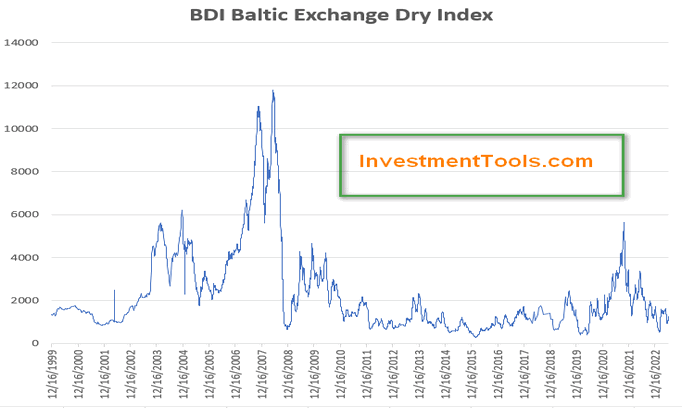C
ClaudeTucker
Guest
ENS - I couldn't agree with you more. I think this whole thing was somewhat setup from the get-go. I'm curious if George Soros had short positions.
And the beginning of your post making "an uneducated observation" should be the beginning of all of my posts considering how stupid I'm being told I am.
In a similar vain..
Here's another uneducated observation....
I've heard the soundbites of Maxine Waters, Chris Dodd and Barney Frank (all Dems) telling us as little as two years ago that "there are no problems with Freddie Mac and Fannie Mae." This was in response to attempts at reigning in some of the loans that were being written and asking for oversight.
100% financing to people without documentation and an apparent inability to repay could be viewed as socialism. Look what it's gotten us. The timing is also very suspicious occuring in the month before the election.
And the beginning of your post making "an uneducated observation" should be the beginning of all of my posts considering how stupid I'm being told I am.
In a similar vain..
Here's another uneducated observation....
I've heard the soundbites of Maxine Waters, Chris Dodd and Barney Frank (all Dems) telling us as little as two years ago that "there are no problems with Freddie Mac and Fannie Mae." This was in response to attempts at reigning in some of the loans that were being written and asking for oversight.
100% financing to people without documentation and an apparent inability to repay could be viewed as socialism. Look what it's gotten us. The timing is also very suspicious occuring in the month before the election.



